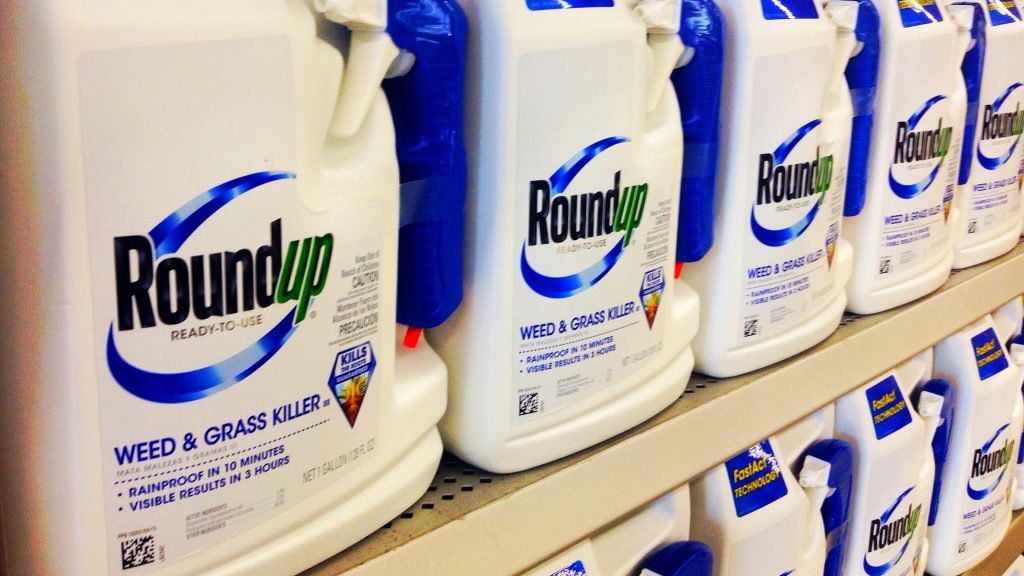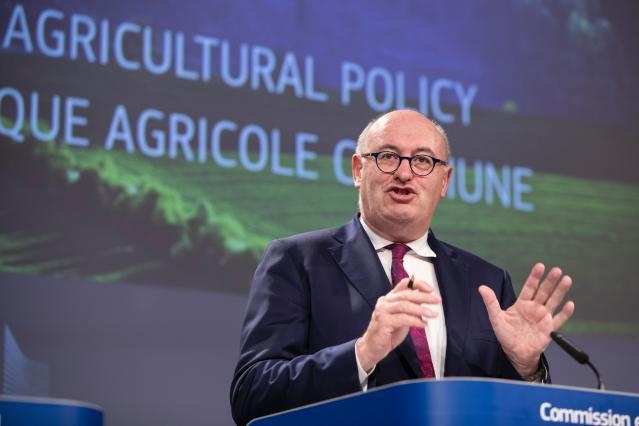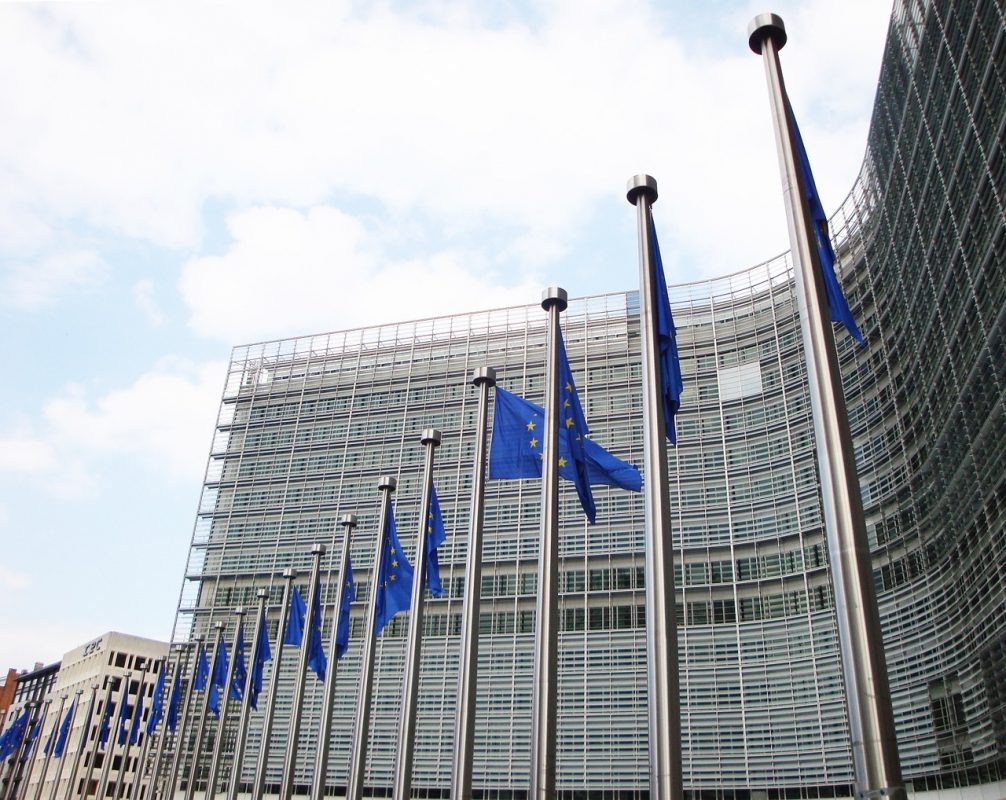BREAKING: Parliament to set up special committee to investigate pesticides licensing

January 18th, 2018
The European Parliament has agreed to set up a special committee to investigate the authorisation procedure for glyphosate and other pesticides.
The committee will be made up of 30 members from all the EU political groupings and will look at the procedure for authorizing pesticides, the EU’s independence from industry, and the transparency of the decision-making process involved.
The work of the Committee is expected to receive formal approval at the Parliament’s next plenary session in February and will last for nine months.
In a joint statement, MEPs Marc Tarabella and Eric Andrieu, who called for the establishment of a committee last April, welcomed the move which will allow the Parliament to lay the foundations for “transparency and independence” of the European Union’s decision-making process.
“The glyphosate case has revealed the structural failures of the European Commission,” added Eric Andrieu and Marc Tarabella.
Speaking on behalf of the Greens/EFA grouping who put forward the proposal to set up the committee, MEPs Ska Keller and Philippe Lamberts said that they also want to see the committee “analyse the failings” that led to the renewal of the authorisation of glyphosate last December.
They added: “We want Europe’s agencies to be irreproachable in their assessment of potentially dangerous substances. The protection of public health and our environment must take precedence over any other consideration and requires total independence of scientific work.”

RoundUp Monsanto Photo: Mike Mozart
Glyphosate Licensing
Member States voted in November to accept the European Commission’s proposal to renew the license for glyphosate for an additional five years. At a Commission Appeal Committee meeting on 27 November, Member State representatives passed the renewal with 18 in favour, nine against and one abstained.
The European Commission originally looked for approval for another decade, however, two previous votes at the Commission’s Standing Committee on Plants, Animals, Food and Feed failed to a reach a qualified majority.
The EU risk assessment process of renewing the substance’s license has been mired in controversy.
The International Agency for Research on Cancer (IARC), the specialised cancer agency of the World Health Organisation, classified glyphosate as probably carcinogenic to humans in 2015.
However, the European Chemicals Agency (ECHA) has said that there isn’t enough scientific evidence currently available to prove that glyphosate causes cancer, with the European Food Safety Agency (EFSA) arriving at the same conclusion in November 2015.
However, in a letter sent to EC President Jean-Claude Juncker last March, a group of 30 MEPs questioned the validity of a study used by the EFSA in its assessment. According to the letter, the study was co-authored by a former Monsanto employee.
[x_author title=”About the Author”]







